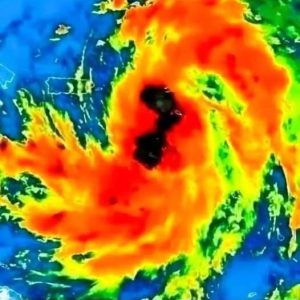Legal and Political FalloutThis incident has become a central point of contention for both lawmakers and legal experts, particularly regarding the constitutional implications of the case. While the U.S. Supreme Court had previously ordered that the government “facilitate” Ábrego García’s return, it stopped short of demanding that he be physically returned to the United States. The Trump administration has repeatedly...





